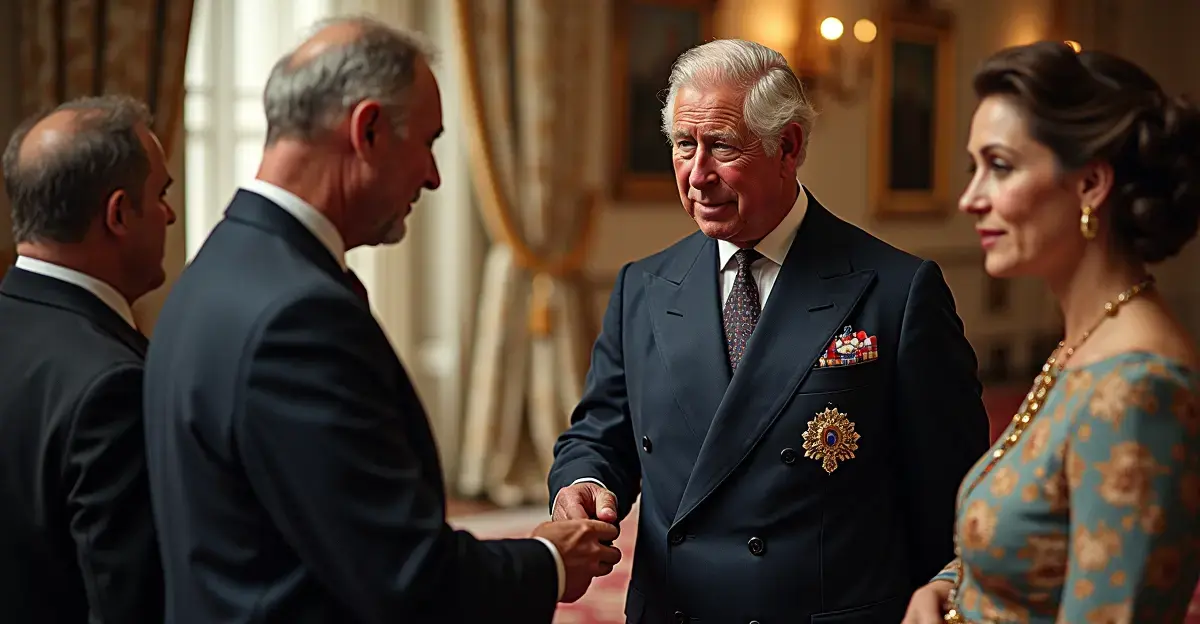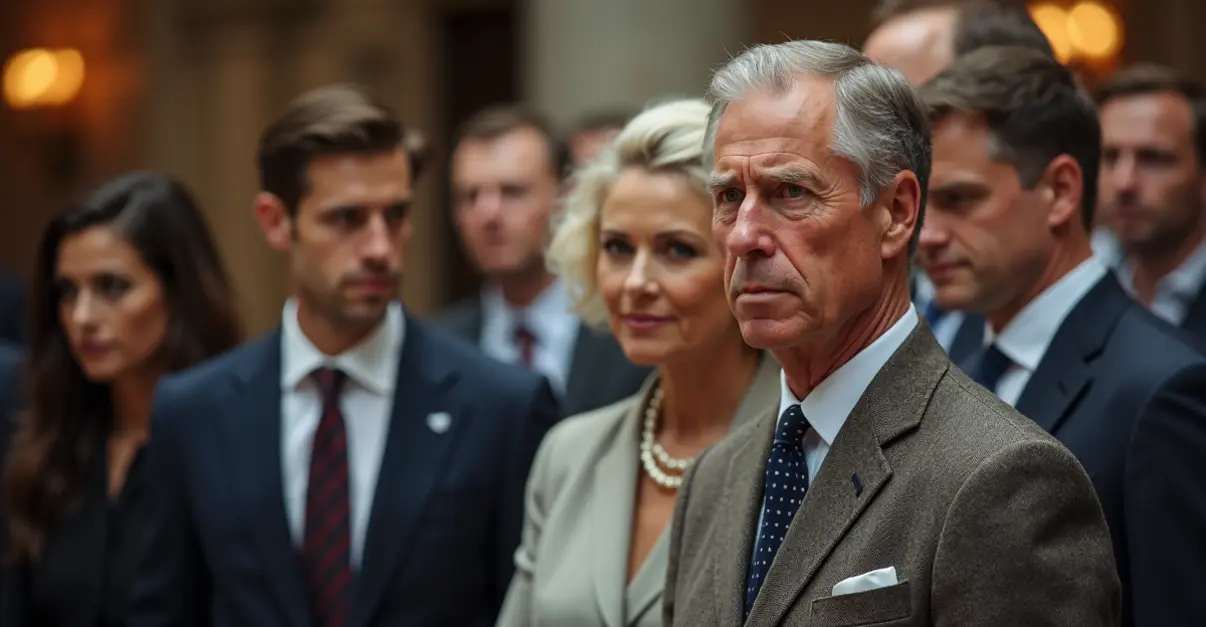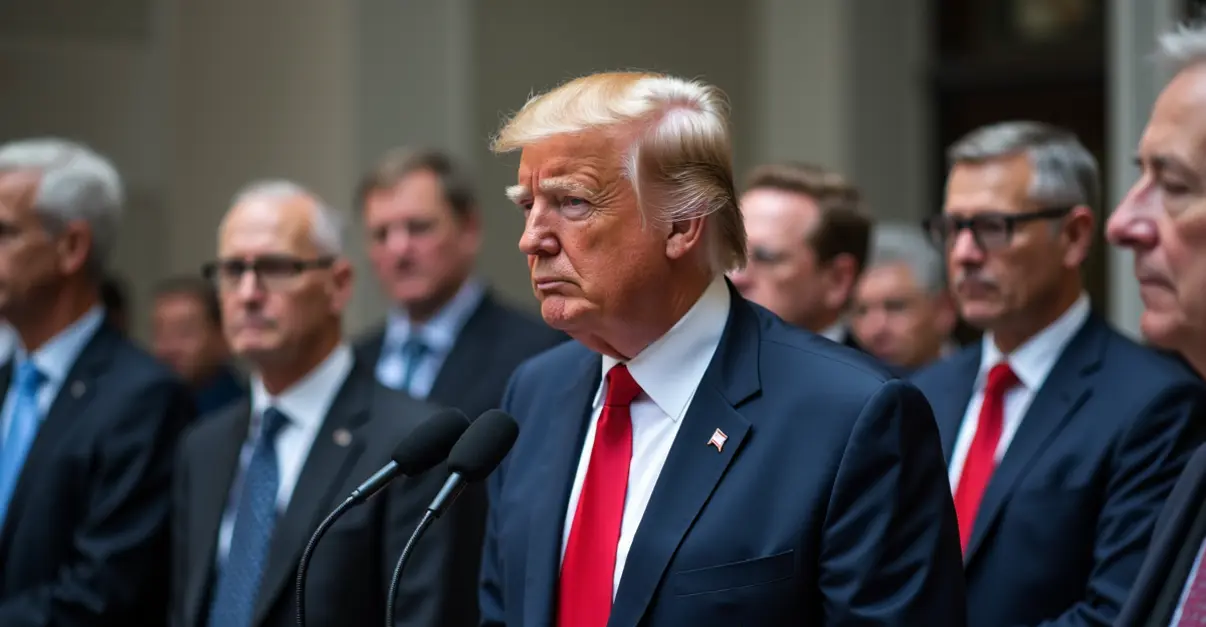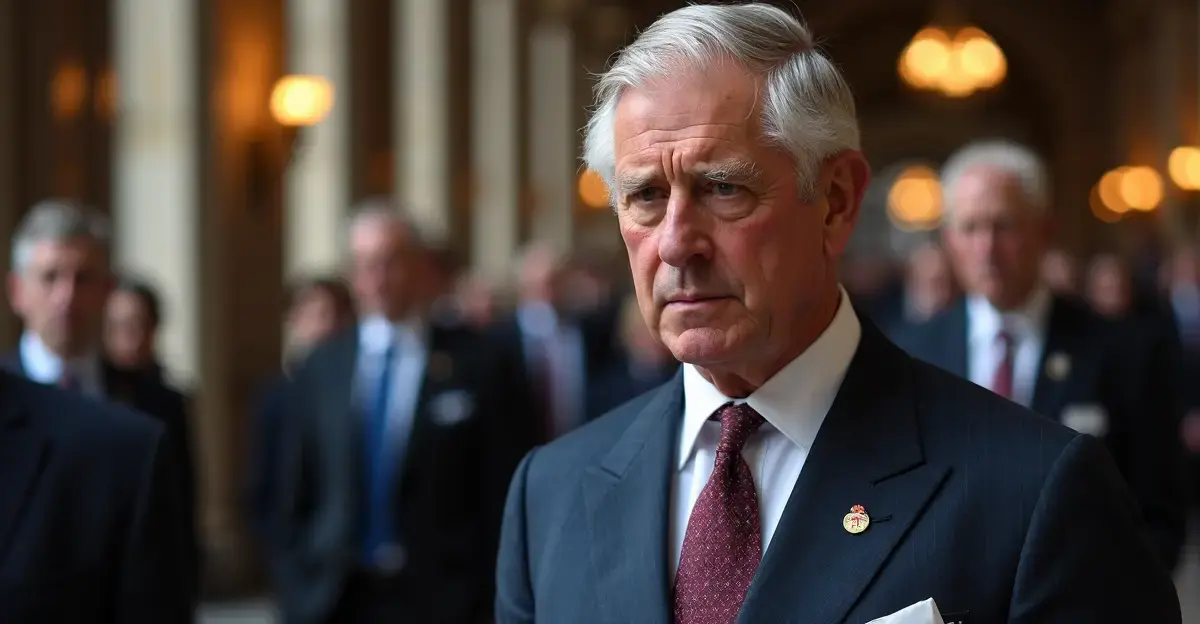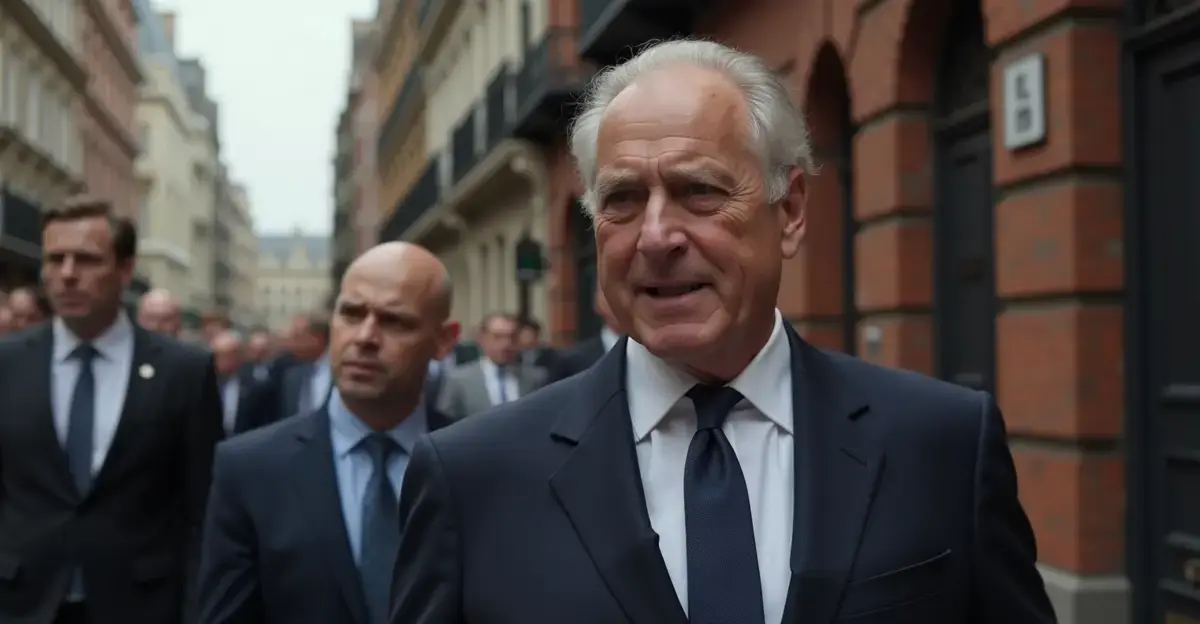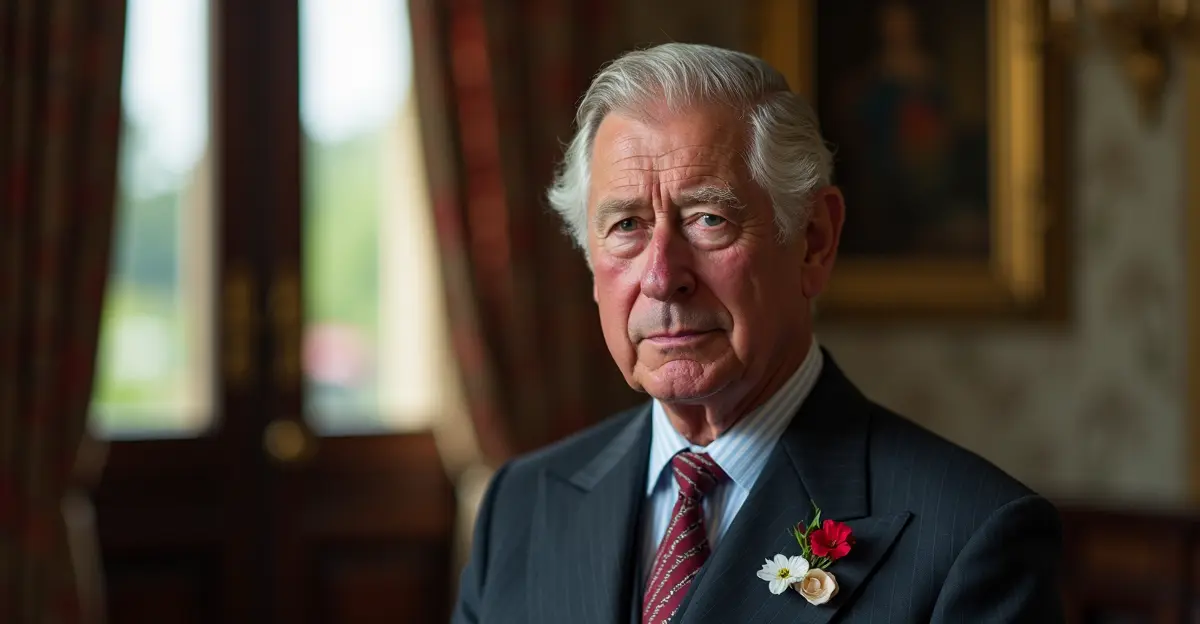The Trump administration is working with Russia on a 28-point peace plan requiring Ukraine to cede Donbas, reduce military forces, and recognize Russian as official language in exchange for US security guarantees.
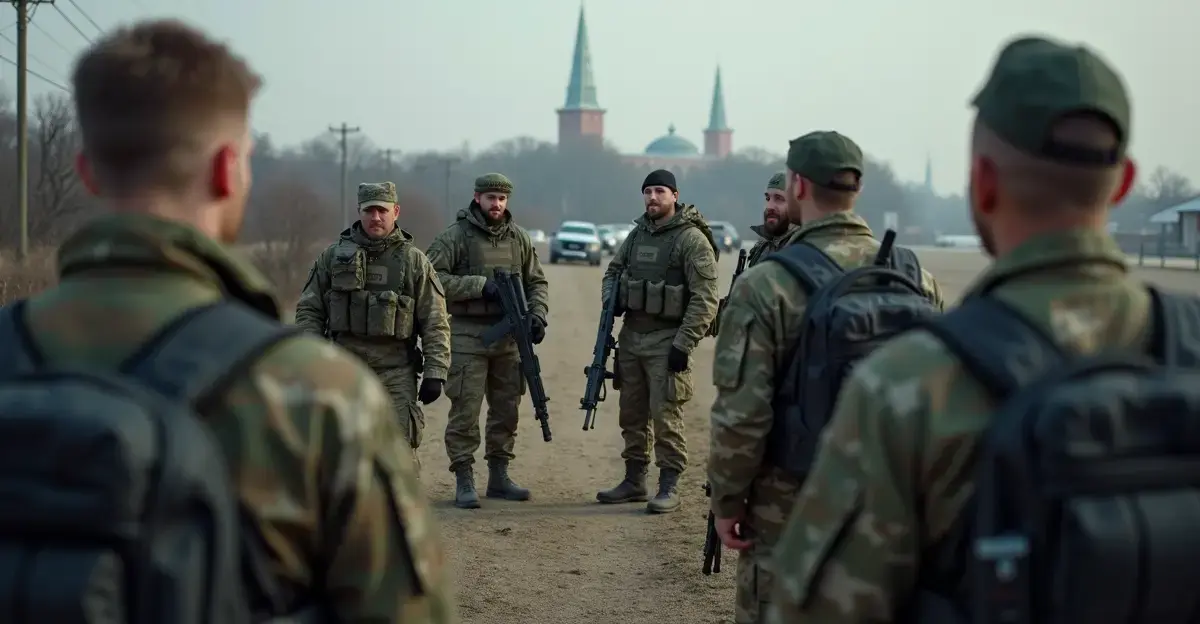
Controversial Peace Proposal Emerges Amid Ongoing Conflict
The Trump administration is reportedly working with Russia on a comprehensive 28-point peace plan that would require Ukraine to make significant territorial and military concessions to end the ongoing war. According to multiple American media reports, the proposal would force Ukraine to cede the entire eastern Donbas region to Russia, including areas not currently occupied by Russian forces.
'This represents the Kremlin's maximalist demands packaged as a peace plan,' said one European diplomat familiar with the negotiations. 'It's essentially a huge concession to Russia disguised as diplomacy.'
Key Demands in the Proposed Agreement
The plan, reportedly modeled after Trump's successful Gaza ceasefire negotiations, contains several controversial provisions. Ukraine would be required to surrender the Donetsk region, withdraw its forces from Donbas, and accept a frozen front line in Zaporizhzhia and Kherson regions. Additionally, the country would need to significantly reduce its armed forces, restrict long-range weapons, and recognize Russian as an official language.
The proposal also mandates that Ukraine grant official status to the Russian Orthodox Church and prohibits foreign troops from entering the country to monitor any potential ceasefire. In exchange, the United States would provide security guarantees against future Russian aggression, though the specific details of these assurances remain unclear.
Political Crisis Complicates Ukraine's Position
The peace proposal comes at a particularly challenging time for Ukrainian President Volodymyr Zelensky, who is facing mounting domestic pressure amid a major corruption scandal involving his close associates. The $100 million scheme, uncovered by anti-corruption investigators, involves kickbacks through manipulated contracts at Ukraine's state-owned nuclear power company, forcing the resignations of two government ministers.
'We cannot negotiate away our sovereignty while our people are dying,' said a senior Ukrainian official who requested anonymity. 'This plan would reward Russian aggression and set a dangerous precedent for international relations.'
Ongoing Violence Underscores Urgency
The diplomatic developments occur against a backdrop of continued Russian attacks on Ukrainian civilian infrastructure. On November 19, 2025, a devastating Russian strike on Ternopil killed at least 25 people, including 3 children, and injured 73 others when missiles hit residential buildings in the western Ukrainian city. The attack was part of a larger Russian offensive involving over 470 drones and 48 missiles targeting multiple regions across Ukraine.
The peace negotiations are being led by Steve Witkoff, a prominent real estate developer serving as Trump's special envoy, and Kirill Dmitriev, CEO of the Russian Direct Investment Fund and a close Putin ally. According to sources familiar with the talks, Russian officials have expressed optimism about the proposal, feeling their viewpoint is being heard for the first time in such negotiations.
International Reaction and Next Steps
European allies have expressed concern about the back-channel nature of the negotiations, with some officials warning that the proposal could undermine coordinated international efforts to support Ukraine. The plan has not been officially confirmed by either Washington or Moscow, and an American delegation led by top diplomat Dan Driscoll is currently in Ukraine to discuss the proposal with Ukrainian officials.
President Zelensky, who has repeatedly stated he will not cede Ukrainian territory to Russia, faces a difficult decision as his country battles both military pressure from Russia and internal political challenges. The timing of the peace proposal coincides with Russian advances on the frontline and growing concerns about Ukraine's energy security as winter approaches.

 Nederlands
Nederlands
 English
English




